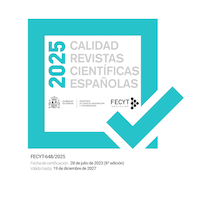From urban explotation negotiable in the spanish and andalusian law to the urban development required by sustainable development and the environment. The ecological function as essential content of property rights
Keywords:
the 2030 Development Agenda, the 2030 Development Agendas, Property, Ecological FunctionAbstract
The urban legislation with a fundamental starting point in the Royal Legislative Decree 1/1992, of the 26th June, which approves the Consolidated Text of the Law on the Land Regime and Urban Planning and the Law 6/1998, of the 13th April, on the land regime and land valuations, mainly through building land, allowed the special ownership of urban development as an object of the right to urban development, facilitating the economic crisis. The essential role of sustainability and the environment constitutionally enshrined and developed in the 2030 Development Agenda and in the different Urban Agendas under it, provokes the consideration of the essential content of the property right, proposing to incorporate it together with the concept of social function,
the ecological function of property. Urban Planning at an international level leads us to the construction of a compact city, connected with the need to make building land disappear, as has currently been done by national and some regional regulations, specifically the Andalusian Law. The equivalence between rural land, in which it is possible to move to the situation of urbanized land, and building land makes it difficult to build this kind of city and perpetuates the presence of negotiable urban development






